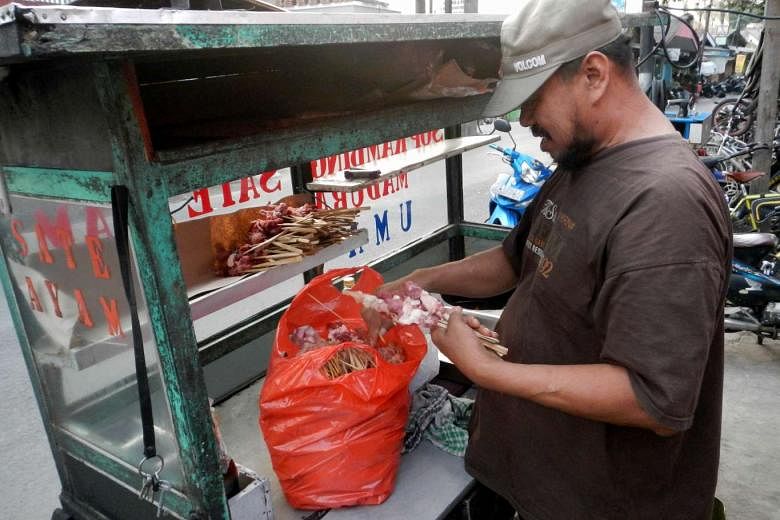As the largest economy in South-east Asia, Indonesia has a lot at stake in the full implementation of the Asean Economic Community (AEC) by the year end.
By technical measurement, Indonesia is ready for the AEC, given that, by now, its scorecard shows the country's readiness well at 94 per cent, higher than the Asean average of 92 per cent.
Even so, the biggest concern for Indonesia in welcoming the AEC remains in the service and the small- and medium-sized enterprise (SME) sectors.
A herculean task lingers for Indonesia to solve its human capital issues, as evidenced by the slow progress in the professional certification system and the low ratio of certified professionals to population in comparison with several Asean neighbours.
Also, in comparison with the population of Asean giants Singapore, Malaysia, Thailand and the Philippines, Indonesians still lack English-speaking skills.
Meanwhile, many SMEs, which constitute over half of Indonesia's GDP and employ the majority of the workforce, are still in the dark when it comes to the benefits and threats of the AEC.
The benefits are, of course, limitless for them to expand their goods and services in the single market, but the threats are also daunting.
Many fear that local SMEs can be crushed by Asian giants and multinationals eagerly vying to invest in the single production base.
There have also been concerns in the domestic market that, given its huge population of 240 million people but low business investment spending, Indonesia will only be the market (consumer), instead of the investor.
Investment spending of Indonesian companies remained low in comparison with its Asean peers, although some big state companies had been quick to tap the AEC opportunities by establishing footprints in the region, such as Semen Indonesia, Bank Negara Indonesia, Wijaya Karya and Pertamina in Myanmar, Bank Mandiri in Malaysia, and Tiga Pilar in Vietnam.
Indonesia needs to toughen up its service sector, SMEs and workforce so they can compete with their regional peers.
JAKARTA POST/ASIA NEWS NETWORK

